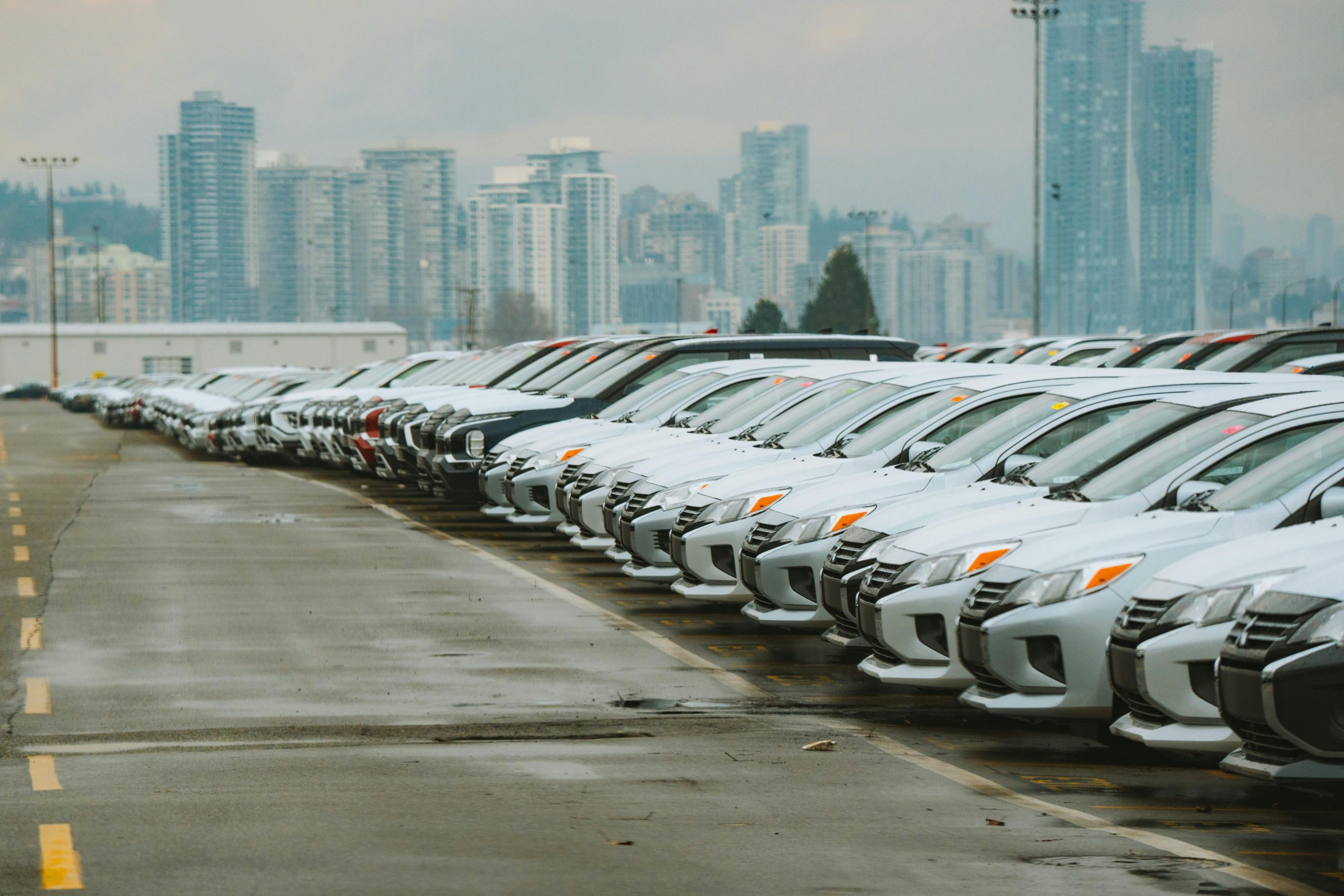The Link Between Real Estate and Car Parking Demand
As cities become more crowded and land becomes more scarce, one of the most pressing concerns for both real estate developers and city planners is the demand for car parking. In a world where car ownership is on the rise and public transportation is unable to keep up with the growing population, the availability of parking spaces has a direct impact on property values and urban development. In this article, we will explore the link between real estate and car parking demand, and how this phenomenon is shaping the future of our cities.
The Rise of Car Ownership and its Impact on Real Estate
With the convenience and affordability of car ownership, it comes as no surprise that the number of cars on the road is increasing at an exponential rate. According to the World Health Organization, there are more than 1.2 billion passenger cars on the road globally, with an estimated 80% of these cars in high-income countries. This trend is only expected to continue, as more and more people move to cities and consider car ownership a necessity rather than a luxury.
This rapid growth in car ownership has had a significant impact on real estate development. Developers now have to consider the parking demand of their potential buyers, as lack of parking can be a deal-breaker for many interested parties. In fact, a recent study by the National Association of Home Builders found that more than 60% of home buyers would not consider a house without a garage as an option.
In cities where space is at a premium, the demand for parking has even led to the development of high-rise parking structures and underground parking facilities. These parking options not only add to the cost of real estate development, but they also take up valuable space that could have been used for other purposes, such as additional living units or amenities.
The Impact of Parking Demand on Property Values
As the saying goes, “location, location, location” is key in real estate. However, the availability of parking can also have a significant impact on property values. In areas where parking is limited, properties with their own parking spaces or easy access to public parking are highly sought after and thus command higher prices.
On the other hand, properties that have little to no parking options can see a decrease in value. This is a concern for both homeowners and commercial property owners, as they not only want to attract potential buyers, but they also want to ensure that their property retains its value over time.
In addition to property values, the lack of parking can also affect rental and leasing rates. In cities with high parking demand, landlords are able to charge premium prices for parking spaces, increasing their overall revenue. On the flip side, tenants are willing to pay more for properties with designated parking spaces, as it provides them with convenience and peace of mind.
The Impact on Urban Development
The link between real estate and car parking demand goes beyond property values and development costs; it also has a significant impact on the overall urban development of a city. As cities grow and become more densely populated, the need for parking spaces increases, and governments have to consider this when planning for new developments.
In some cities, such as New York and San Francisco, strict zoning regulations and limited space make it difficult for developers to add parking spaces to their projects. This can lead to overcrowded streets, increased traffic, and limited accessibility for residents and visitors. As a result, cities have had to explore alternative solutions, such as implementing car-sharing programs and promoting the use of public transportation, to ease the demand for parking and minimize its impact on urban development.
The Future of Real Estate and Parking Demand
As urbanization continues to be a global trend, the link between real estate and car parking demand will only become stronger. Developers and city planners will have to work hand in hand to find solutions that balance the demand for parking with the need for efficient and sustainable urban development.
Moreover, with the rise of ride-sharing services and the potential of self-driving cars, the demand for parking may change in the near future. However, it is clear that for now, parking remains a crucial factor in the real estate market and will continue to shape the way we think about and develop our cities.
In Conclusion
The link between real estate and car parking demand is a complex and ever-changing phenomenon. It affects not only property values and development costs but also the overall urban development of our cities. As car ownership continues to rise and space becomes more limited, it is vital for developers and city planners to consider the parking demand of their projects and find innovative solutions to meet this demand without compromising the future of our cities.









